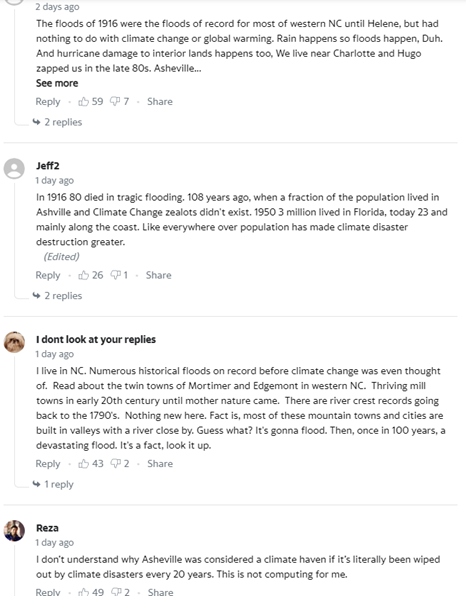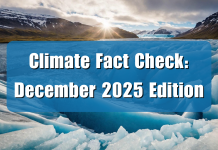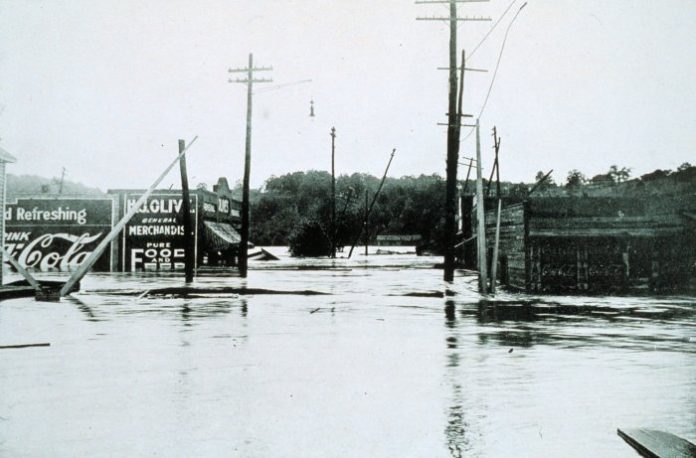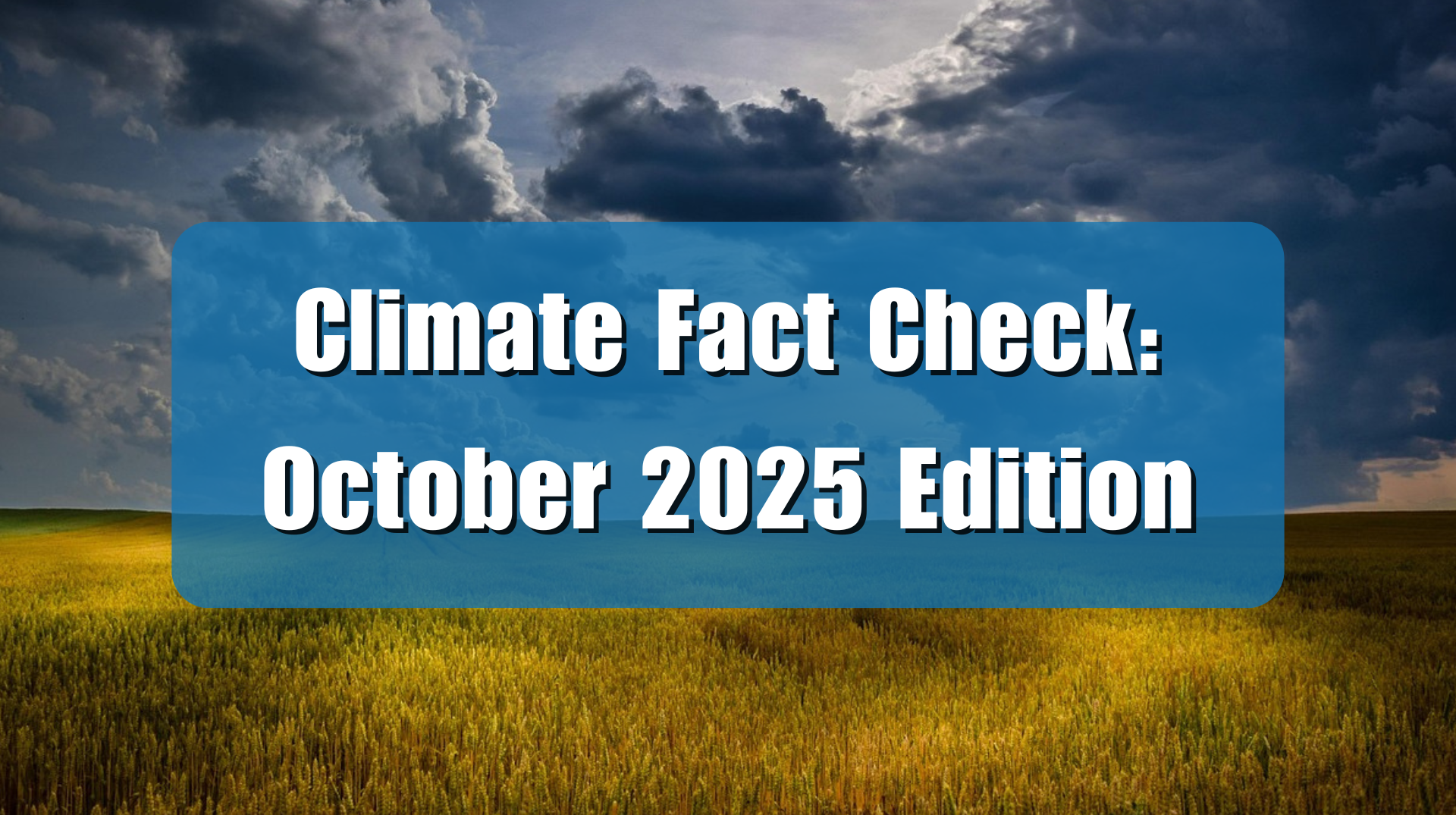A recent CNN article, “People moved to Asheville to escape extreme weather. They forgot its tragic history,” claims that Asheville North Carolina, which recently suffered catastrophic flooding in the aftermath of Hurricane Helene, was once considered a “climate haven” but now is suffering from extreme weather because of climate change. This is false. It’s a confused article, flashing back and forth between an accurate depiction of historical floods and false climate claims. In the end, CNN’s article shows that the damage caused by Helene is nothing new for Asheville. Location and weather, not climate change, are responsible for the recent tragedy.
CNN begins by explaining that “some” media outlets (only one local station was referenced) claimed that Asheville was a “climate haven” because it is far from the coast and isn’t often struck by wildfires and other “climate extremes.”
“So-called climate migrants have long been arriving here from places like California, Arizona, and the coastal Carolinas, said Jesse Keenan, associate professor of sustainable real estate and urban planning at Tulane University,” CNN writes, and follows it up with examples of people on internet forums claiming that Asheville lacks the threat of natural disasters that other cities across the country face.
These people were obviously misinformed, there is no place in the world that is “safe” from occasional extreme weather and natural disasters – regardless of climate change.
To prove that Helene was caused by climate change, CNN references a “rapid climate analysis published Tuesday by scientists from Lawrence Berkeley National Laboratory found fossil fuel pollution caused over 50 percent more rainfall in parts of Georgia and the Carolinas,” and that global warming made rain 20 times more likely in the affected area. This is hogwash. Rapid attribution studies are not a genuine analysis of the weather, they analyzed nothing but counterfactuals within computer models. Presenting them as evidence is deceptive and the scientists responsible know it.
Frequent readers of Climate Realism know that the media heavily relies on attribution modelling rather than actual available historical data to push the climate narrative, simply because attribution models start with the assumption that human emissions have an impact on the weather. Real world data does not give this impression, in fact hurricane data does not show any increase in the intensity or frequency of tropical cyclones.
While Climate Realism has already covered alarmism surrounding Helene twice recently (here, and here) it’s worth noting the flip-flopping within CNN’s own article. After all the initial claims about climate-enhanced weather, the article suddenly shifts and admits that Asheville has, in fact, suffered similar disasters in the past, well before the modern warming period.
Asheville, CNN writes, “is vulnerable to flooding, as a long history attests.” CNN goes on to describe back-to-back hurricane strikes in 1916 that triggered “biblical” floods and was devastating to the city and people who lived there. CNN also lists a similar scenario as recently as 2004, where two storms “concentrated their highest rainfall on western North Carolina, killing 11 people.”
Had CNN checked it would have found, “every single county in North Carolina has had at least two major flood disasters since 1950 – either from rising rivers or hurricane surge,” as the North Carolina Flood Insurance website reports.
These instances of past extreme weather events debunk the narrative that Helene was somehow unprecedented or showed signs of “climate fingerprints” as claimed by the so-called experts CNN cited.
Climate Realism wasn’t alone in noticing that North Carolina has never been a climate haven. On the Yahoo News page where the CNN post was republished, multiple commenters made similar observations:

The locals are knowledgeable about the danger they face by living in the valley, evidently determining that it is worth the risk. Newcomers, many of which were apparently horribly misinformed, from California and other places did not do their research and so have been taken by a terrible surprise. Media outlets like CNN do not have any excuse for burying the truth under climate hysteria and alarmist narratives when they clearly are aware of the region’s weather history.
























